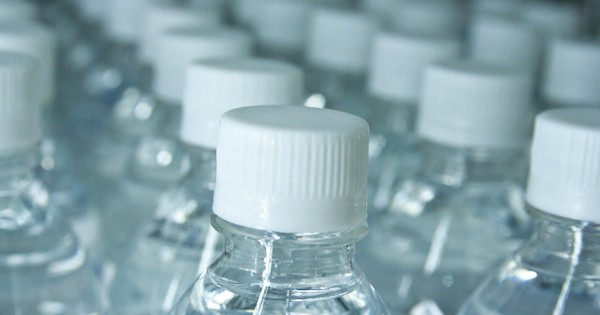
As communities around the world promote refill stations and water fountains over bottled water, it's worth revisiting a fact about bottled water: most of it is literally the same water we get out of our faucets.

Now, researchers have found 73 percent of Northwest Atlantic deep-sea fish are eating microplastic – the highest reported frequency of plastic-eating fish in the world.

The German government is considering free public transit as a way of getting people out of their cars.

Everyday products like hair spray, air freshener, cleaners, colognes and perfumes, pesticides, glues, and conventional cleaning products contribute a far greater amount of pollution to the atmosphere than previously thought.

The time taken to reach the limit improves since last year but campaigners say the Government must do more to save lives.

Dutch company will install a "world’s first smog vacuum cleaner” – a smog free tower in Krakow, Poland.

The 2018 Environmental Performance Index (EPI) finds that air quality is the leading environmental threat to public health. The report ranks 180 countries on 24 performance indicators.

The air quality in northwestern China’s Shaanxi Province improved significantly after researchers initiated testing of a massive experimental tower, dubbed by its operators as the “World’s Biggest Air Purifier.”

A chemistry professor in Florida has found a way to trigger the process of photosynthesis in a synthetic material, turning greenhouse gases into clean air and producing energy all at the same time.

Canada’s ban on the manufacture and import of toiletries that contain plastic microbeads officially came into effect on Jan. 1, 2018, in a big win for the environment.

Beijing inspectors went to some of the most polluted cities in the world to discover thousands of officials had failed in their roles to care for the environment.

A condominium building planned for Shanghai, features landing pads for flying cars. The futuristic concept is super green and will feature a vertical forest with 50,000 trees.

UNICEF has published a report and according to their studies, the brains of over 17 million children might be affected by pollution.

The international team of researchers looked at the sperm impact of short and long term exposure to fine particulate matter (PM2.5) among nearly 6500 15 to 49 year old men in Taiwan.

The viewpoint article -- "World Scientists' Warning to Humanity: A Second Notice" - was signed by more than 15,000 scientists in 184 countries.